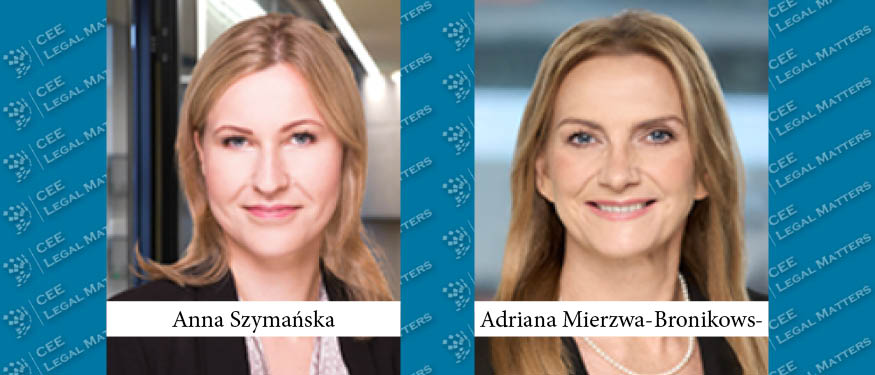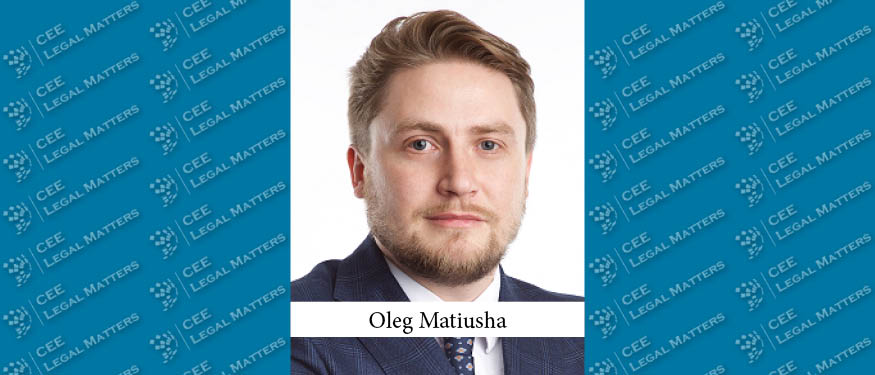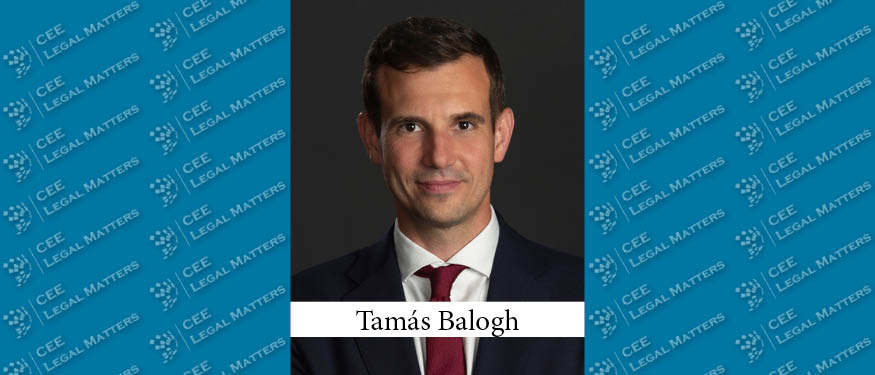The year 2025 is poised to mark a significant legislative update in Ukraine’s public-private partnership (PPP) framework, representing a critical strategic approach to the country’s comprehensive post-war reconstruction efforts. The government, Parliament, and key stakeholders are actively preparing for an extensive rebuilding effort focused on infrastructure damaged during military hostilities. This process will rely on support from the European Union, the United States, international financial institutions, and other major donors.
Schoenherr Advises Alstom Transport on EUR 720 Million Tender for Bulgarian Ministry of Transport and Communications
Schoenherr has advised Alstom Transport as consortium lead in securing and finalizing a EUR 720 million tender for the Bulgarian Ministry of Transport and Communications to supply 35 interregional electric trains along with 15 years of maintenance services.
Zepos & Yannopoulos Advises Aktor Group on EUR 367 Million Acquisition of Aktor Concessions
Zepos & Yannopoulos has advised the Aktor Group of Companies on the acquisition of Aktor Concessions.
DLA Piper Hungary Appoints Andras Orban and Viktor Romsics to Heads of Practice
DLA Piper has promoted Andras Orban to Counsel and Head of Equity Capital Markets and Viktor Romsics to Counsel and Head of Infrastructure, Construction, and Transport.
CPK: Tenders for Around PLN 30 Billion This Year
This year, CPK will launch tenders totalling around PLN 30 billion. These will include the construction of roads or construction work for the Warsaw-Lodz railway line. Currently, tenders worth around PLN 4 billion are being conducted for the construction of a long-distance tunnel in Łódź and the creation of a baggage system.
Hot Practice in Ukraine: Oleg Matiusha on Kinstellar's Infrastructure Practice
Ukraine's infrastructure sector is experiencing heightened activity driven by urgent reconstruction needs and modernization efforts following the impact of the war with Kinstellar Partner Oleg Matiusha expressing cautious optimism over the significant opportunities awaiting investors as recovery efforts accelerate.
Asters Advises Shark Robotics on Delivery of Colossus Firefighting Robots to Ukraine
Asters has advised Shark Robotics on the supply of 40 AI-powered Colossus firefighting robots to Ukraine’s State Emergency Service under a French-Ukrainian grant program.






















